Feed me, Seymour? Ab-so-loot-lee-not! Here are some Colorado wildflowers that can definitely kill your dog, your cat, and even your cows.
*Originally published on June 13, 2019
Updated on March 23, 2022:
It’s finally here! Good sunshine-in-your-face weather! What better way to enjoy it than going outside with your fur friends! Need an idea of where to go with Fido? We’ve come up with a great start of hiking trails to stop and smell the flowers. Colorado is home to all kinds of gorgeous scenery all thanks to our friends with photosynthesis skills.
However, as pretty as they may be, some can be harmful to deadly to your dog. Here are five different wildflowers that can kill your hiking buddy.
Death Camas
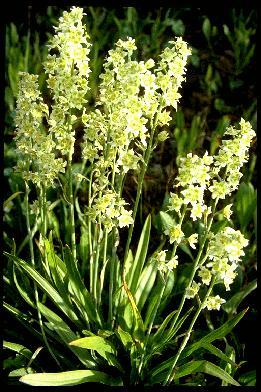
Courtesy of Colorado State University
This one is too obvious. It has "death" in its name. Not only is it common in Colorado’s meadows and mountains, but it’s found all across the Pacific Northwest and some of Midwest America. Upon consumption or touch, it can cause extreme salivation, vomiting, and may turn fatal. Luckily enough, it’s easy to spot. These tall plants are similar to how onions grow. Their leaves even smell like onions.
Western Water Hemlock
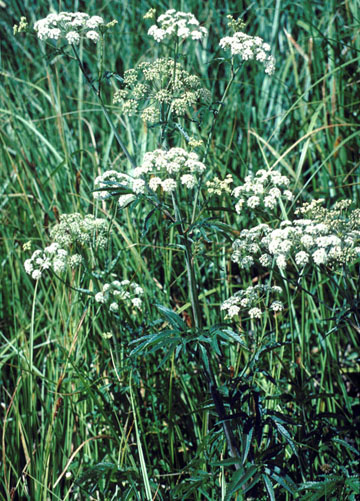
Courtesy of Colorado State University
Hemlocks are never a good friend to anyone. These super swampy villains grow in wet and marsh environments. They can grow up to four to six feet tall and the flowers themselves are showy and white. The western water hemlock also takes root in water with thick, tubular-shaped roots. The effects of this one? Death. Just death. Unless you want to see diarrhea, seizures, extreme stomach pain, dilated pupils, fever, bloat, respiratory depression, and oh yeah, death.
Buttercup
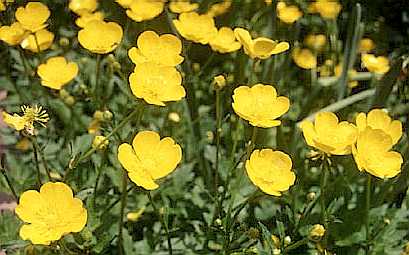
Courtesy of Colorado State University
We did not gather here today for the sake of "mawage." There’s nothing princess about this buttercup. Buttercups are found in ponds, borders of lakes and streams, or generally wet areas. The yellow flowers are usually a dead giveaway for them. Their stems are stout and hairless. While the dried plant is non-toxic, the oils released from buttercups when chewed can cause anorexia, vomiting, oral ulcers, and wobbly gait.
Larkspur
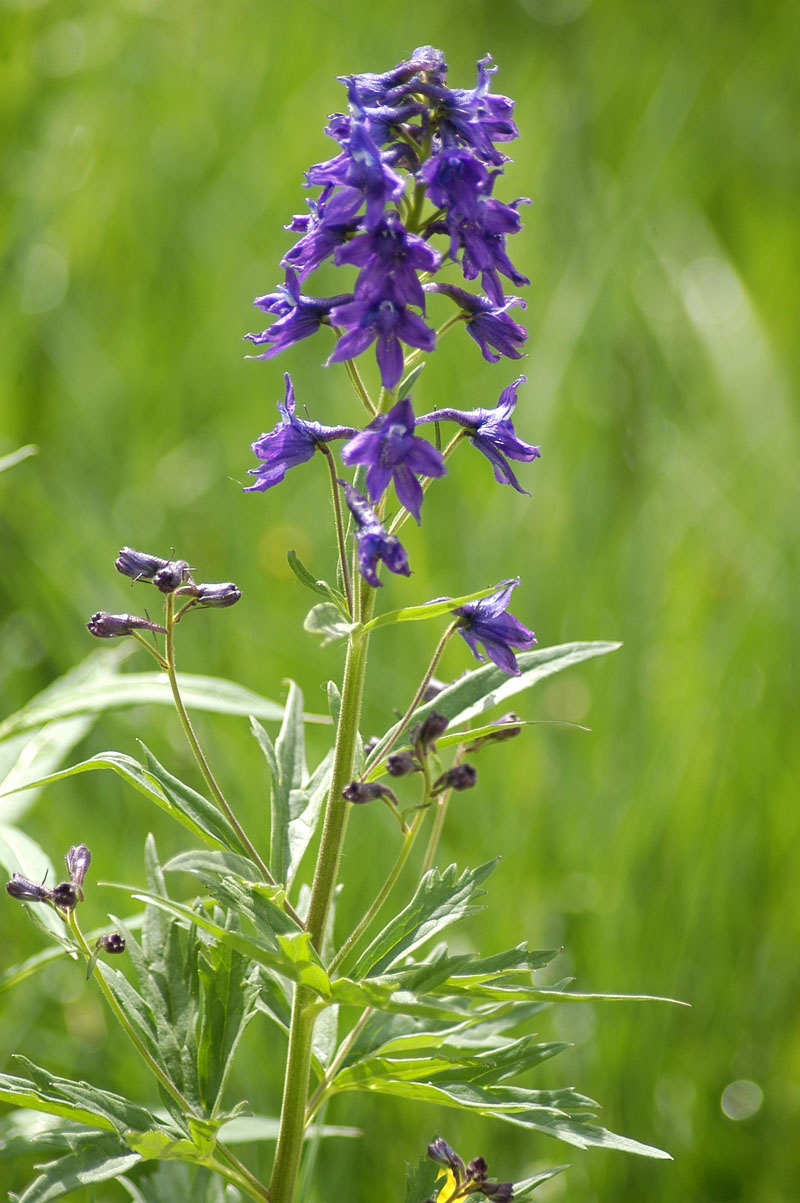
Courtesy of Colorado State University
Larkspur is commonly found in the Rocky Mountain region and it’s most likely you’ve seen it before. Their stalks are erect and tall while their dark blue flowers tease how pretty they are. Its poisonous toxins cause muscle weakness and eventually paralysis. The ASPCA (American Society for the Prevention of Cruelty to Animals) says this about the larkspur:
“The toxicity of the plant may vary depending on seasonal changes and field conditions; as the plant matures, it generally becomes less toxic.”
Meaning the older larkspur gets, the less sassy and deadly it is.
Locoweed
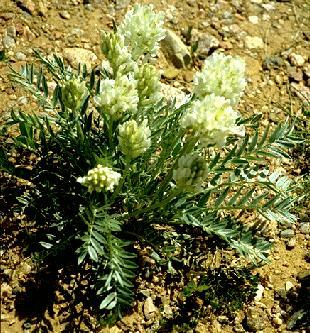
Courtesy of Colorado State University
This weed is indigenous to the Rocky Mountain area. You can commonly find them among the foothills and open prairie spaces. The leaves are grouped basally and the flowers can either be white or purple, so don’t let this picture fool you. Locoweed is poisonous at all times, even when dried. Any amount of this plant could cause awful appetite issues and may lead to heart failure.
Lupine
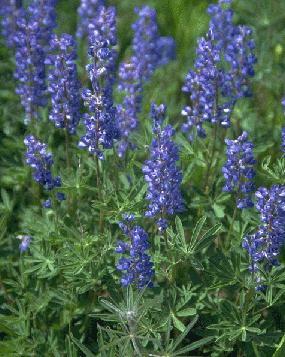
Courtesy of Colorado State University
This bluebonnet of a lady isn’t anything that Wu-Tang Clan would mess with. Lupine can reach up to three feet tall and be found in high mountain regions where the snowmelt helps this plant grow. The leaves tend to be shorter, but numerous. The flowers are white to dark blue to purple with a pea-like shape to them. It is incredibly harmful to cattle, resulting in birth defects to death. For your dog, it can mean convulsions, liver failure, and ultimately death.
Some honorable mentions in this list include two common plants that are poisonous to cats. Ones that could be found in your home right now. Lilies and tulips are among common house flowers that are lovely to display on your porch, but do not belong anywhere near your cat. If your cat consumes a lily, it can cause fatal kidney failure. Tulips are known to be poisonous to both dogs and cats. They cause vomiting, depression, and diarrhea.
In the event of an emergency, the ASPCA has a phone number you can call the 24-hour emergency poison hotline at 1-888-426-4435, or you can contact your veterinarian. You can look here for more information on poisonous plants and pets here.
Wildflowers in Colorado are nothing like anything else in the country. As beautiful as they are in pictures, some are very harmful to your beloved pets and yourself.
